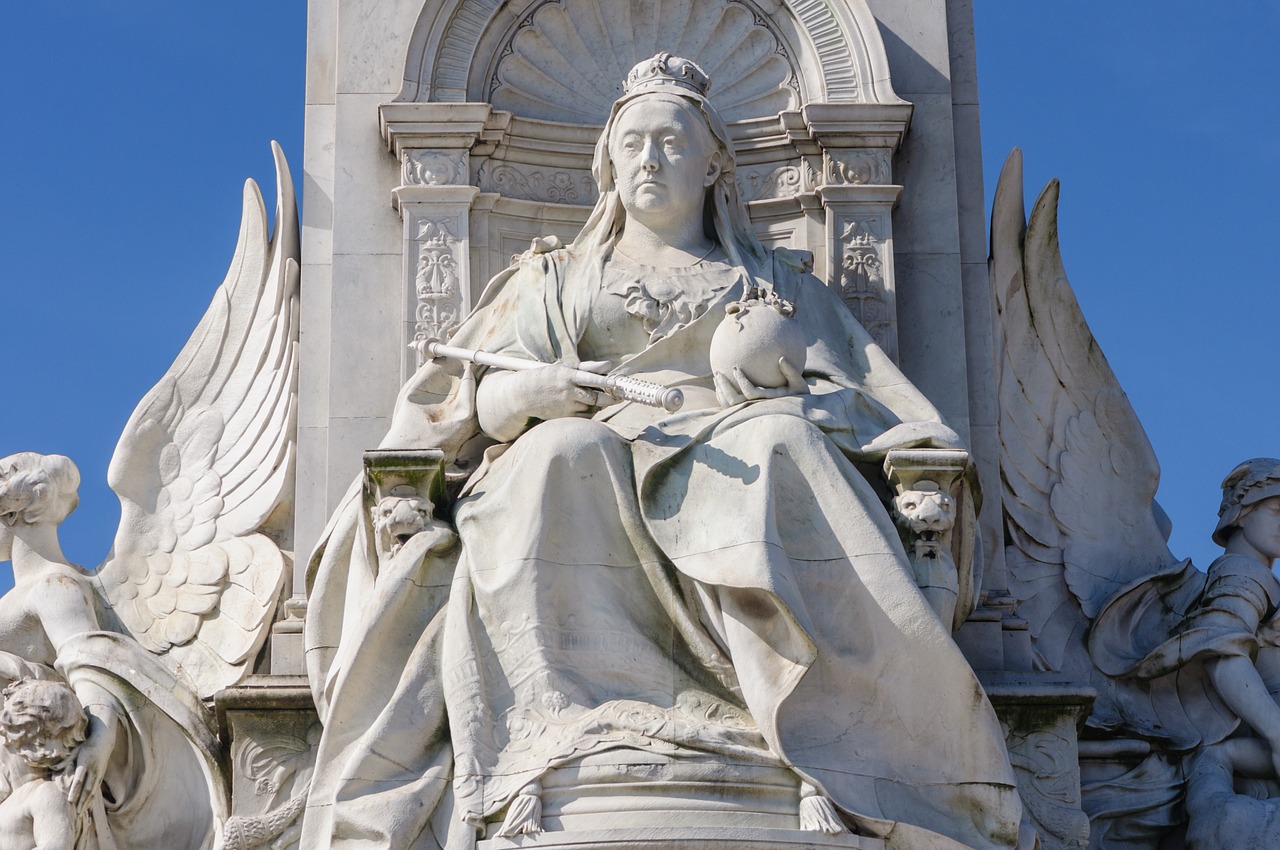On the day of Britain’s departure from the EU, a 10 minute Horrible Histories Brexit special was aired on the BBC and presented by the comedian Nish Kumar. One sketch that featured on the programme was a song called ‘British Things’ which featured a butler explaining to Queen Victoria how many precious ‘British goods’ actually originate abroad, including sugar, originally from the Caribbean, and tea, originally from India. The song was undoubtedly created to give a young audience an insight into the impact of colonisation and how our traditional ‘British things’ originate from imperialism and plunder, with the British Empire’s use of slavery helping to produce these goods.
Despite this, the song received widespread criticism on social media, most notably from the BBC presenter Andrew Neil who described ‘British Things’ as ‘anti- British drivel of a high order’. The Conservative party Co-Chairman James Cleverly compared the message of the song, as well as Kumar and the Horrible Histories team, to the BNP due to the suggestion that things can’t be British if they come from overseas. These comments are quite ironic given that Kumar’s family originates from India so his ancestors would have experienced oppression at the hands of the British East India Company. It isn’t the first time that Kumar has faced such criticism; he was famously heckled and booed off stage as he made jokes on subjects such as Brexit and colonialism when doing stand up at a charity event last December.
Many may take different sides over this debate, but I believe that it isn’t ‘anti-British’ or unpatriotic to acknowledge that many things we enjoy in Britain today stem from the British colonialism. The British Empire is symbolic of the repression of other cultures and countries and the dominance of white colonisers in many different continents.
Saying that tea and sugar aren’t British isn’t being racist. We can celebrate the modern day diversity of Britain and the benefits of immigration from all over the world whilst still understanding the evils of slavery and colonisation which many British people’s ancestors, including my own, suffered from. It is a well known fact that much of the cuisine that we enjoy today stems from colonial times, as well as products such as cotton which originates from America and was picked by slaves.
The subject of British colonialism is more or less wiped off the school curriculum. Further, the colonial history that is taught is largely focused on the lives of the colonisers rather than of the colonised. Comedians such as Kumar who use satire to put these important social and historical messages across should, therefore, be praised rather than criticised.
Horrible Histories was an important part of mine and many other people’s childhoods: it taught us things that we didn’t learn at school in a funny, thought-provoking way. ‘British Things’ is a good example of this. It is strange that the BBC is now being accused of anti-British bias by simply stating facts. Perhaps this row over the song’s message is best summarised by a headline from the journalist Tom D. Rodgers on the current affairs website Evolve Politics: ‘Brexiteers are getting hilariously triggered at a kids’ TV show that reveals tea isn’t actually British’.
Sophie Connor

